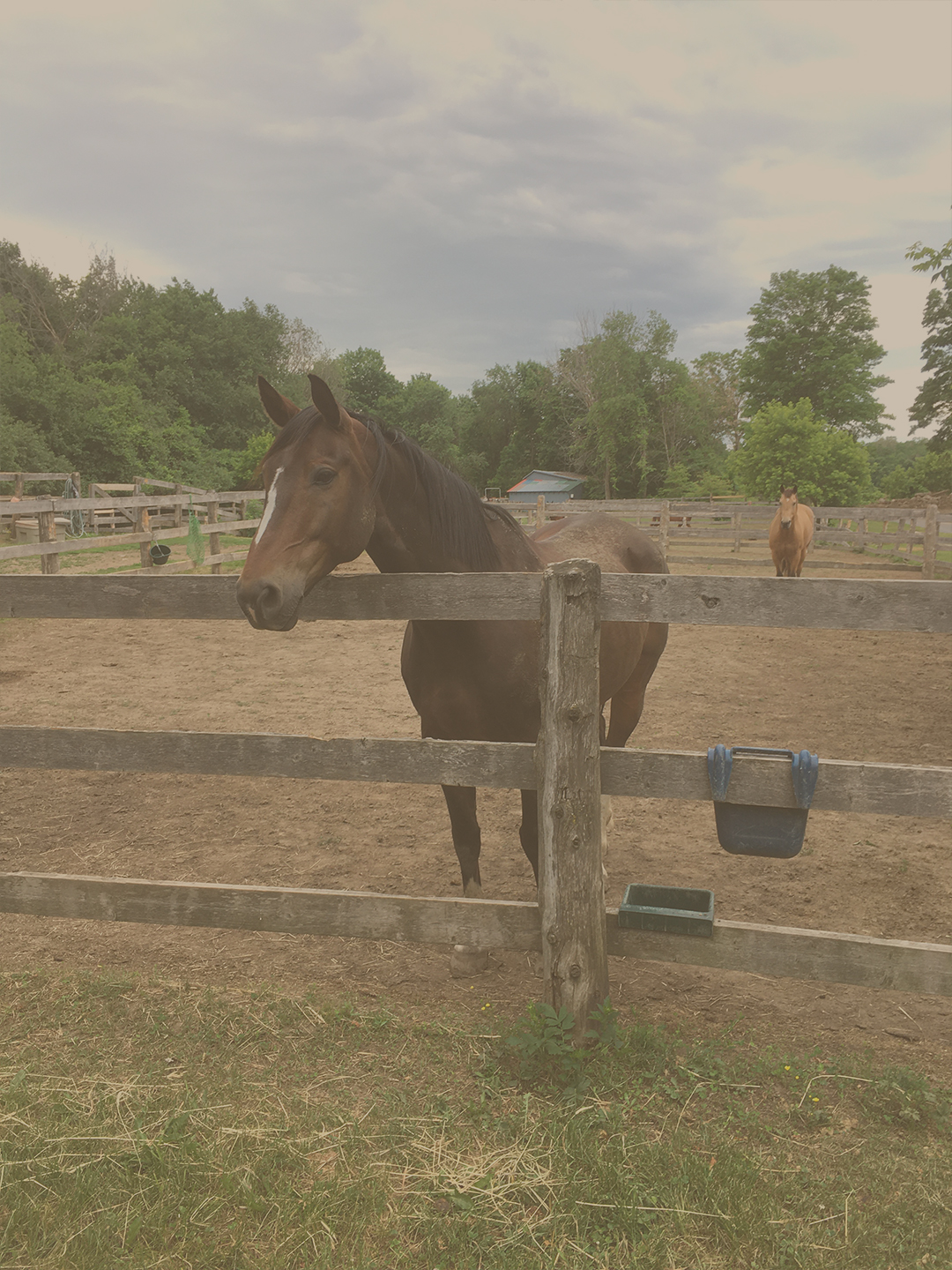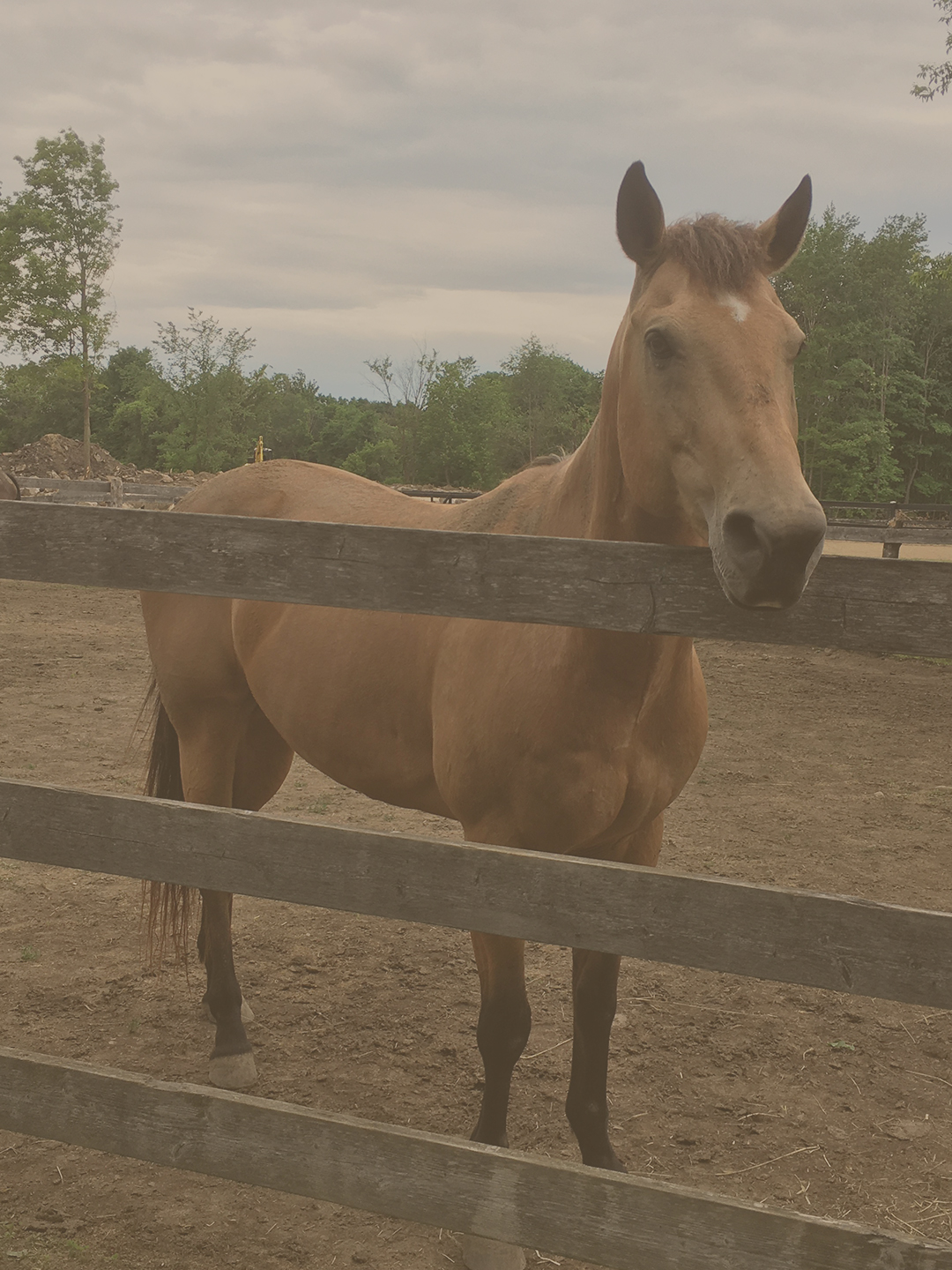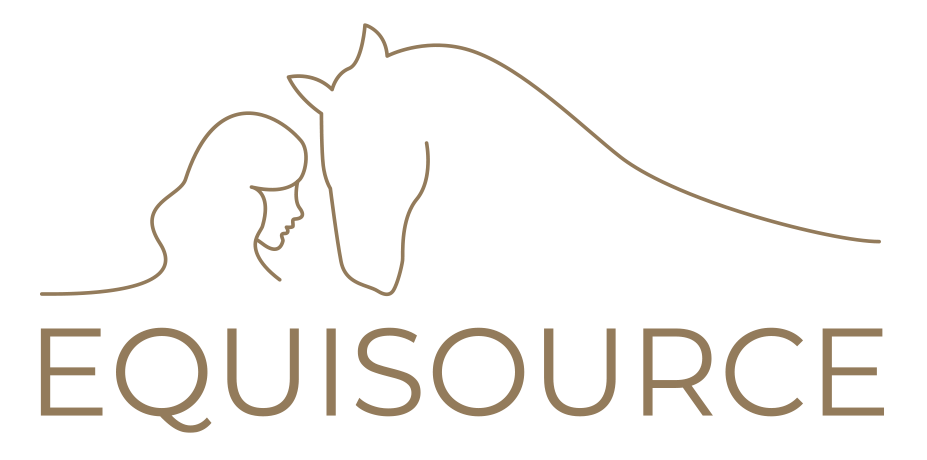
ton soi authentique
Des changements
positifs!
De nombreuses recherches ont été faites afin d’explorer les effets bénéfiques de l’apprentissage accompagné par le cheval. Toutes démontrent les changements positifs effectués sur les candidats évalués cliniquement par des professionnels de la santé partout dans le monde.
Savoir-Être
La liste est longue avec plein d’espoir et d’outils que l’on peut intégrer au quotidien. Une voie de guérison innovatrice, sans jugement et inspirante. Les chevaux ont beaucoup à nous apprendre. Par leur générosité, ils nous offrent leur cœur afin de trouver le mieux-être.
Votre soi authentique
Accompagnement possible
– Estime de soi
– Confiance en soi
– Leadership
– Traumatisme
– Dépassement de soi
– Dépression
– Deuil
– Prendre sa place
– Thérapie de couple
– Jeunes en difficulté
– Difficultés d’apprentissage
– Obésité

EQUISOURCE EN VIDÉO
Sources
- Russel-Martin, L.A. (2006). Equine facilitated couples therapy and Solution Focused Couples Therapy: A Comparison Study. Doctorate of Philosophy. Northcentral University.
- Tetreault, A. (2006). Horses that heal: The effectiveness of Equine Assisted Growth and Learning on the behavior of students diagnosed with Emotional Disorder. Masters Thesis. Governors State University, University Park, IL.
- Schultz, P., Remick-Barlow, G. & Robbins, L. (2007). Equine-assisted psychotherapy: A mental health promotion/intervention modality for children who have experienced intra-family violence. Health & Social Care in the Community 15(3), 265-271.
- Frewin, K. & Gardiner, B. (2005). New age or old sage? A review of equine assisted psychotherapy. The Australian Journal of Counselling Psychology, 6, pp13-17.
- Klontz, B.T., Bivens, A., Leinart, D. & Klontz, T. (2007). The effectiveness of equine-assisted experiential therapy: Results of an open clinical trial.
- Carmichael, T. (2010). Could a horse help you and your clients? NSW Swift Australia Association of Social Workers. Autumn Edition. pp 8-9.
- Russel-Martin, L.A. (2006). Equine facilitated couples therapy and Solution Focused Couples Therapy: A Comparison Study. Doctorate of Philosophy. Northcentral University.
- Shultz, B. (2005). The effects of Equine Assisted Psychotherapy on the psychosocial functioning of at-risk adolescents ages 12-18. Masters Thesis. Denver Seminary. Denver CO.
- Tetreault, A. (2006). Horses that heal: The effectiveness of Equine Assisted Growth and Learning on the behavior of students diagnosed with Emotional Disorder. Masters Thesis. Governors State University, University Park, IL.
- Schultz, P., Remick-Barlow, G. & Robbins, L. (2007). Equine-assisted psychotherapy: A mental health promotion/intervention modality for children who have experienced intra-family violence. Health & Social Care in the Community 15(3), 265-271.
- Frewin, K. & Gardiner, B. (2005). New age or old sage? A review of equine assisted psychotherapy. The Australian Journal of Counselling Psychology, 6, pp13-17.
- Klontz, B.T., Bivens, A., Leinart, D. & Klontz, T. (2007). The effectiveness of equine-assisted experiential therapy: Results of an open clinical trial.
- Carmichael, T. (2010). Could a horse help you and your clients? NSW Swift Australia Association of Social Workers. Autumn Edition. pp 8-9.
- Cali, C. (2012). special to The Post and Courier. Horse Leads Man On Journey Of Healing and Self Discovery.
